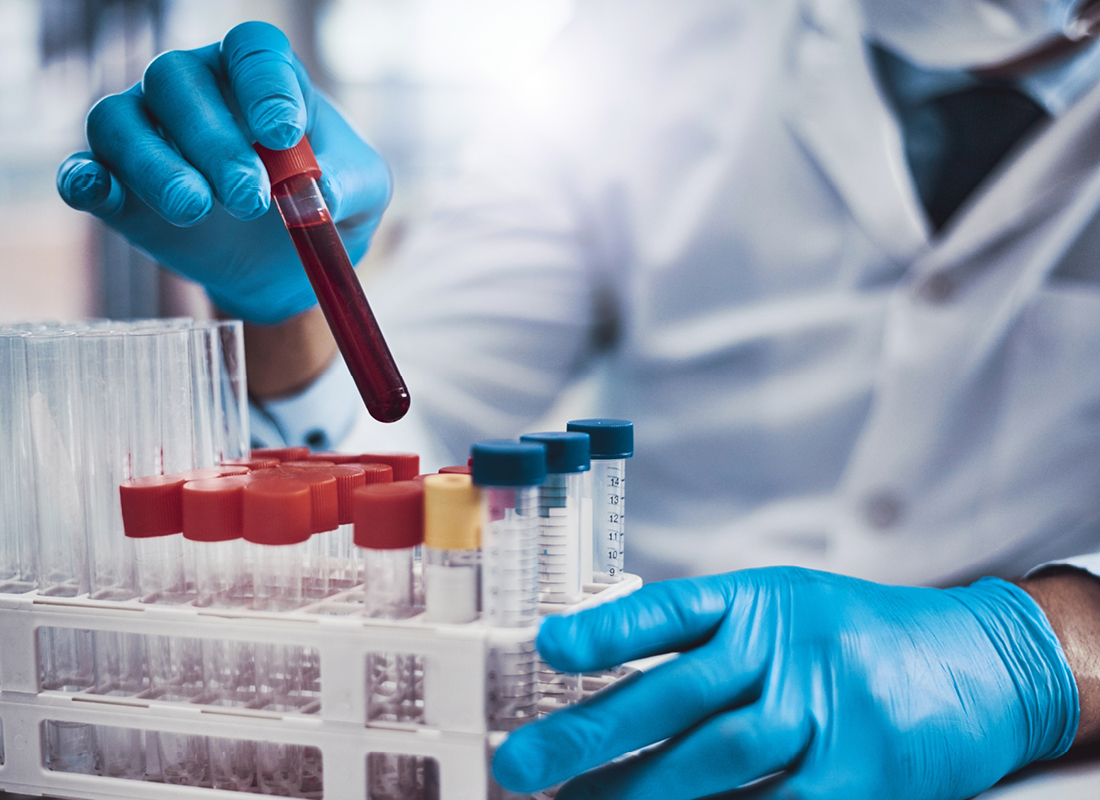FDA Approves First Liquid Biopsy Companion Diagnostic for Lung Cancer
From - National Intelligence Report Roche announced last week that the U.S. Food and Drug Administration (FDA) approved the cobas® EGFR Mutation Test v2 "for use with… . . . read more

By Kelly A. Briganti, Editorial Director, G2 Intelligence
Roche announced last week that the U.S. Food and Drug Administration (FDA) approved the cobas® EGFR Mutation Test v2 “for use with plasma samples, as a companion diagnostic for the non-small cell lung cancer (NSCLC) therapy, Tarceva®.” The FDA noted this is “the first FDA-approved, blood-based genetic test” to detect the epidermal growth factor receptor (EGFR) gene mutation in such patients.
Lung cancer is the leading cause of cancer-related death for men and the rate of women with lung cancer is rising, said the FDA. NSCLC in particular is the most common form of lung cancer. According to the American Cancer Society, approximately 80-85 percent of lung cancers are NSCLC. Additionally, 10-20 percent of NSCLC patients have the EGFR gene mutation that the newly approved cobas test identifies. “The FDA approval of the cobas® EGFR Mutation Test v2 for liquid biopsy for diagnostic use sets a standard in testing for NSCLC patients,” said Uwe Oberlaender, head of Roche Molecular Diagnostics, in the company’s announcement of the approval.
Tarceva, manufactured by Astellas Pharma Technologies and distributed by Genentech, was approved by the FDA in 2004 for treatment of patients with NSCLC after other chemotherapy failed and in 2013 as a first-line treatment for metastatic NSCLC with EGFR exon 19 deletions or L858R substitution mutations. “Approvals of liquid biopsy tests make it possible to deliver highly individualized health care for patients,” said Alberto Gutierrez, Ph.D., director of the Office of In Vitro Diagnostics and Radiological Health in the FDA’s Center for Devices and Radiological Health, in a statement. “Liquid biopsies also have the potential to allow physicians to identify patients whose tumors have specific mutations in the least invasive way possible.” That means patients for whom surgery would be too invasive, who can’t travel to surgical locations, or whose tumor would be difficult to biopsy have a new diagnostic option.
Subscribe to view Essential
Start a Free Trial for immediate access to this article